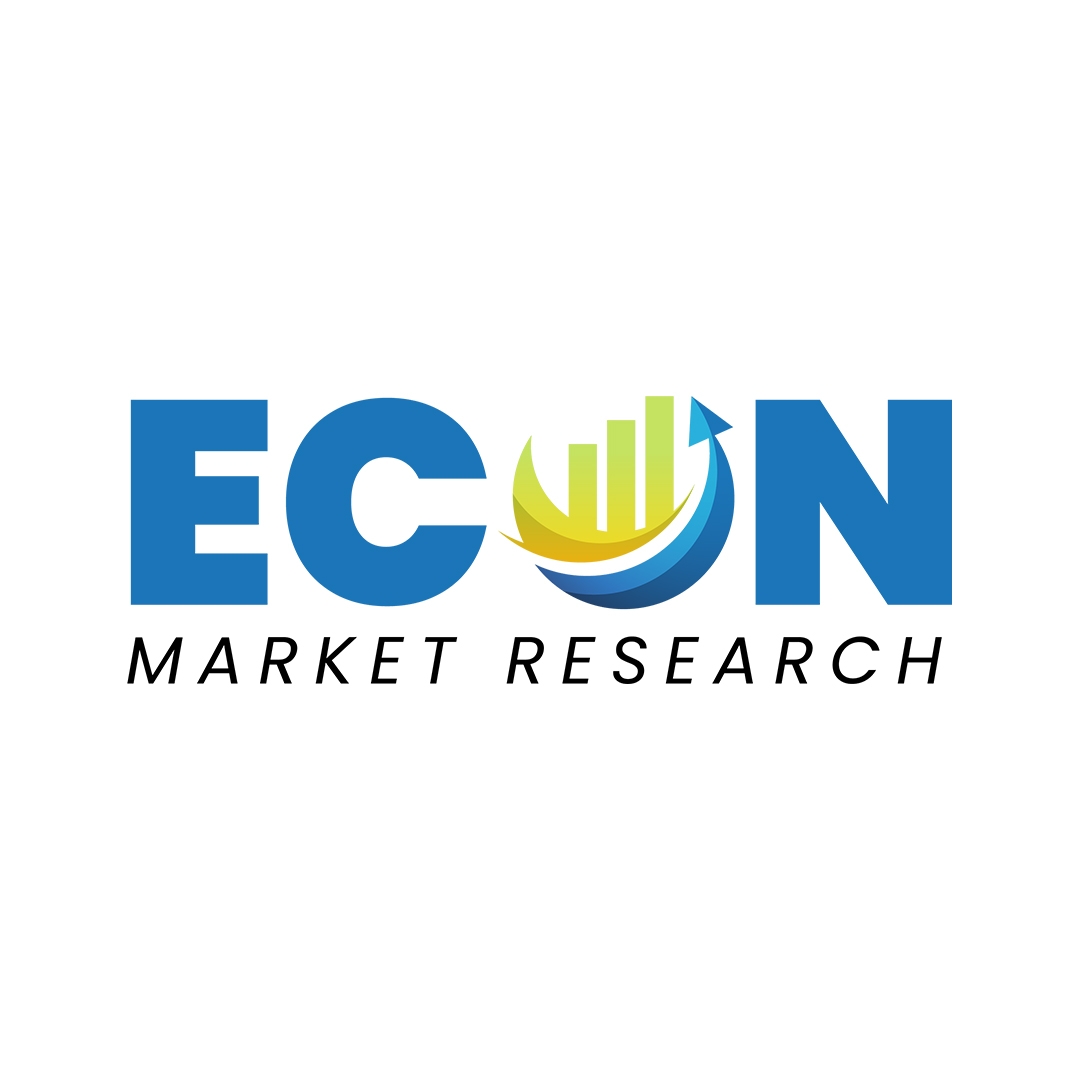Why Solar Panels Are Becoming Essential for Residential Homes

The Solar Panels Market: Powering the Future of Clean Energy
In recent years, the solar panel market has emerged as a cornerstone of the global energy transition, driving innovations, investments, and policy initiatives aimed at combating climate change. As the world becomes increasingly focused on sustainability, solar energy has become a critical solution to meet the growing demand for clean, renewable energy. In this blog, we will explore the current trends, challenges, and future outlook for the solar panel market.
A Bright Future for Solar Energy
The solar panel market is growing at an unprecedented rate, and for good reason. Solar energy offers numerous advantages, from reducing greenhouse gas emissions to creating jobs and improving energy security. In 2023, the global solar energy market was valued at approximately $200 billion, with projections showing that it could reach over $500 billion by 2030. This growth is fueled by government incentives, technological advancements, and the increasing cost-effectiveness of solar installations.
Key Drivers of Growth in the Solar Panels Market
Several factors are contributing to the rapid expansion of the solar panel market. Here are some of the key drivers:
- Government Policies and Incentives: Governments worldwide are offering incentives, subsidies, and tax credits to encourage the adoption of solar energy. In countries like the United States, China, and India, government policies such as feed-in tariffs and net metering have made it easier for individuals and businesses to install solar panels. These initiatives not only help reduce the upfront costs but also ensure a return on investment over time.
- Technological Advancements: Innovation in solar panel technology has led to increased efficiency, durability, and lower production costs. Modern photovoltaic (PV) cells are more efficient at converting sunlight into electricity, and the development of flexible, thin-film solar panels has opened new possibilities for applications in diverse settings—from rooftops to mobile devices. These advancements have significantly reduced the cost per watt of solar energy, making it an increasingly competitive alternative to fossil fuels.
- Sustainability and Climate Change Awareness: Growing concerns about climate change and the environmental impact of fossil fuels have accelerated the adoption of renewable energy sources. Solar energy, being one of the cleanest forms of energy, has gained popularity as a solution to reduce dependence on non-renewable resources and lower carbon emissions. Companies, municipalities, and consumers are more inclined to invest in solar panels as part of their sustainability goals.
- Declining Costs: The cost of solar panels has been steadily decreasing over the past decade. This price drop can be attributed to improvements in manufacturing processes, economies of scale, and the increased competition among solar manufacturers. As the cost of solar technology continues to decline, solar energy becomes a more accessible and affordable option for consumers and businesses alike.
Request Sample @https://www.econmarketresearch.com/request-sample/EMR001061/
Challenges Facing the Solar Panel Market
Despite its rapid growth, the solar panel market faces a few challenges that need to be addressed to ensure its continued expansion:
- Intermittency and Energy Storage: One of the main challenges with solar energy is its intermittency. Solar panels only produce electricity when the sun is shining, which makes energy storage solutions, such as batteries, crucial for ensuring a steady energy supply. Although advances in energy storage technologies are being made, the high cost of storage systems remains a significant barrier.
- Supply Chain Issues: The solar panel market is dependent on a global supply chain for key materials such as silicon, copper, and rare earth metals. Disruptions to this supply chain, whether due to geopolitical tensions, natural disasters, or pandemics, can impact production and cause price fluctuations. Manufacturers must invest in diversified supply chains to mitigate these risks.
The Future of Solar Panels: What to Expect
Looking ahead, the solar panel market is set to experience even more exciting developments. Here are some trends and predictions to keep an eye on:
- Integration with Smart Grids: The increasing use of smart grids will enable better management of solar energy production and consumption. Solar panels will be more efficiently integrated with energy storage systems, helping to stabilize energy grids and ensure a reliable energy supply.
- Solar Innovations for Everyday Use: New developments, such as solar-powered vehicles, building-integrated photovoltaics (BIPV), and solar windows, will help solar energy become more integrated into daily life. These innovations promise to make solar power more accessible, versatile, and embedded in the fabric of modern infrastructure.
Phone Number: +1 812 506 4440
Email: sales@econmarketresearch.com
- Questions and Answers
- Opinion
- Motivational and Inspiring Story
- Technology
- True & Inspiring Quotes
- Live and Let live
- Art
- Causes
- Crafts
- Dance
- Drinks
- Film/Movie
- Fitness
- Food
- Jeux
- Gardening
- Health
- Domicile
- Literature
- Music
- Networking
- Autre
- Party
- Religion
- Shopping
- Sports
- Theater
- Wellness
- News
- Culture
- Military Equipments

